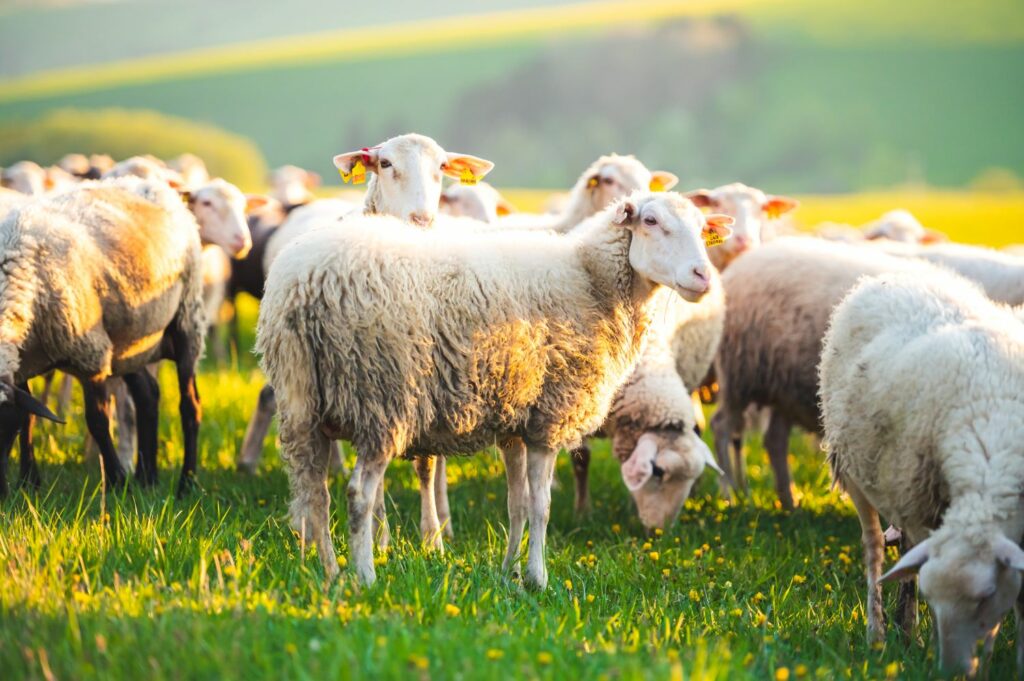New manual launched to help farmers control liver fluke
7th October 2022
In an effort to promote the sustainable control of liver fluke (Fasciola hepatica) in grazing livestock, levy bodies joined forces to produce a manual with expert guidance on how to best keep this destructive parasite at bay.
Co-produced by the AHDB, Quality Meat Scotland (QMS) and Hybu Cig Cymru (HCC), the manual incorporates the latest research and advice on control practices to prevent liver fluke from causing health and welfare damage to livestock.
Animal health and welfare scientist, Dr Bethan John, explained how the new release can benefit farmers and the wider industry: “Now is an ideal time to consider fluke risk on your farm. As the risk of infection to grazing cattle and sheep peaks, evaluating which testing and control measures best suit your situation is key.
“With a viable liver fluke vaccine still yet to be developed and the ongoing issue of anthelmintic resistance, this timely release brings together the latest evidence-based expert guidance for successful disease control.”
The manual highlights a variety of management systems and fluke risk levels through five case studies of farms across the UK. Farmers shared information such as the fluke history of their herd or flock, the main challenges encountered and the control strategies implemented on their farm.
The case studies also emphasise the value of working with vets to develop tailored testing and treatment approaches for optimum parasite control.
Key areas of the section are:
- On-farm risk assessment with the farm vet
- Sustainable use of flukicides to minimise resistance
- Farm management solutions to reduce fluke risk
- Reducing the impact of flukicides on the environment.
Dr John said the guide is a welcome addition to the suite of resources focusing on sustainable parasite management. He thanked Lesley Stubbings, Professor Diana Williams, and Dr Philip Skuce for their valuable contributions.
Heather McCalman, programme delivery co-ordinator at HCC, underlined the importance of the manual to Welsh farmers.
“As there are many parts of Wales that can be high risk for fluke due to unpredictable weather patterns, now is a good time to check the fluke status of the farm for both sheep and cattle. This booklet includes good information on the use of the appropriate diagnostics tests and follow up management to keep livestock healthy, productive and profitable.”
The manual is available to view online and a free hard copy can be ordered from the AHDB website: https://ahdb.org.uk/knowledge-library/liver-fluke-control-in-grazing-livestock.
For more information on liver fluke control, a monthly forecast is available through NADIS, while SCOPS and COWS offer species-specific advice.

